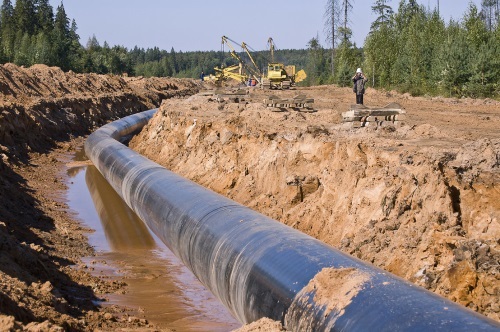The Environmental Protection Agency issued a final rule on June 1 that it said increases the transparency and efficiency of the Clean Water Act Section 401 certification process in order to promote the timely review of infrastructure projects.
“EPA is returning the Clean Water Act certification process under Section 401 to its original purpose, which is to review potential impacts that discharges from federally permitted projects may have on water resources, not to indefinitely delay or block critically important infrastructure,” explained EPA Administrator Andrew Wheeler in a statement.
He noted that EPA finalized this rule pursuant to the President’s Executive Order 13868 to help spur construction of important energy infrastructure projects.
The EPA said this final rule overhauls the text, structure, and legislative history of Section 401 for the first time in 50 years in several areas:
- It specifies statutory and regulatory timelines for review and action on a Section 401 certification—requiring final action to be taken within one year of receiving a certification request.
- It clarifies the scope of Section 401, including clarifying that 401 certification is triggered based on the potential for a project to result in a discharge from a point source into a water of the United States. When states look at issues other than the impact on water quality, they go beyond the scope of the Clean Water Act.
- It reaffirms the agency’s statutory responsibility to provide technical assistance to any party involved in a Section 401 water quality certification process.
- It promotes early engagement and coordination among project proponents, certifying authorities, plus federal licensing and permitting agencies.
Sen. John Barrasso, R-Wyo., chairman of the Senate Committee on Environment and Public Works, endorsed the EPA’s move in a June 2 statement as a way to allow important energy infrastructure projects to “get done faster.”
By contrast, Rep. Peter DeFazio, D-Ore., chairman of the House of Representatives Committee on Transportation and Infrastructure, noted in a statement on June 5 that removing environmental review processes “will not be the magic cure to our nation’s economic downturn” due to the COVID-19 pandemic.

